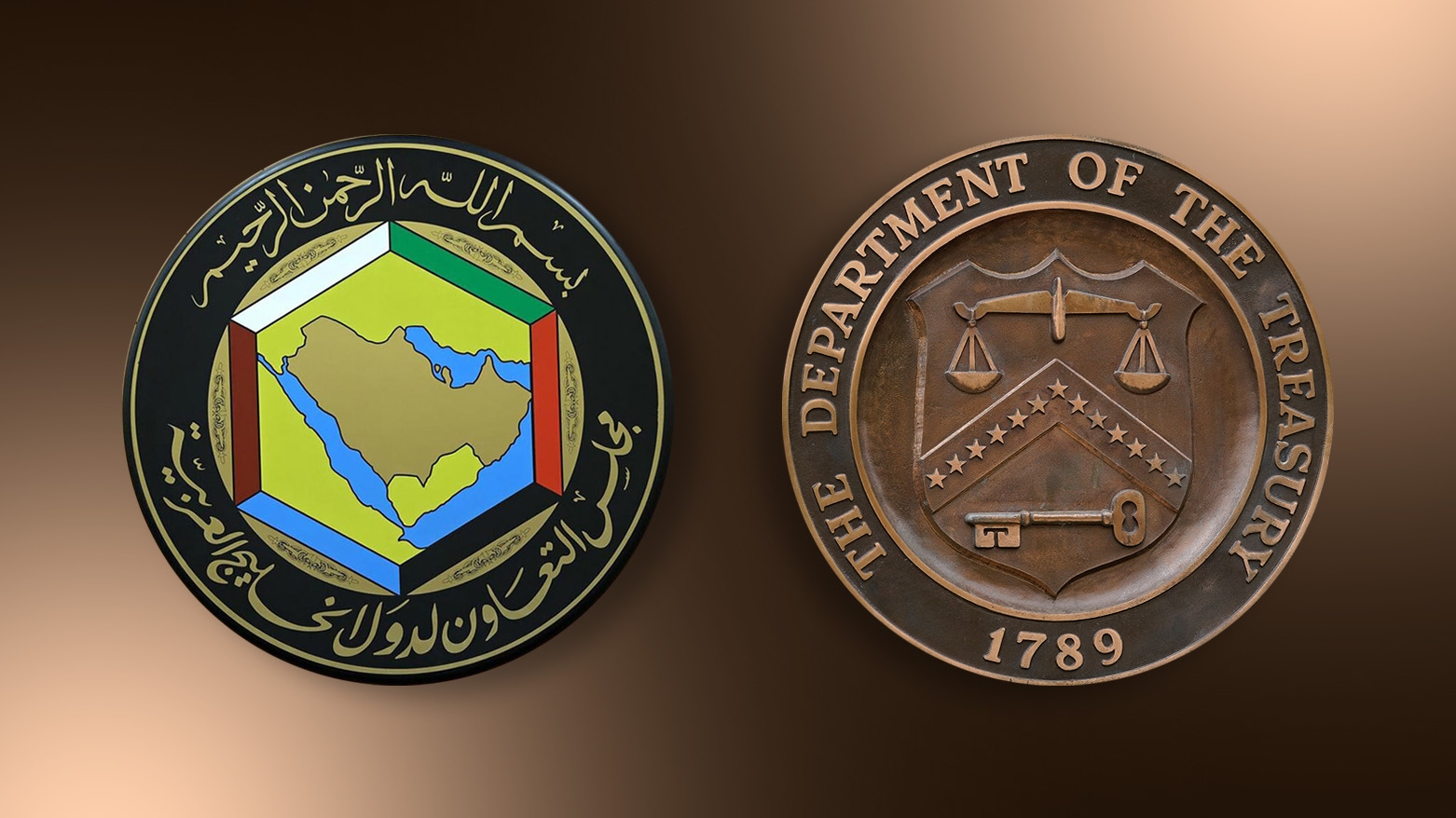GCC States Join US in Sanctioning al-Shabaab Network
By sanctioning the al-Shabaab figures, the GCC signaled its support for the U.S. move to limit the Houthis’ influence in Somalia.

WASHINGTON DC, United States (Kurdistan 24) - The U.S. Treasury Department announced on Monday that the six members of the Saudi-led Gulf Cooperation Council (GCC) have joined the U.S. in imposing sanctions on fifteen senior figures in the al-Shabaab terrorist group.
The GCC states—Saudi Arabia, and the smaller countries of Bahrain, Kuwait, Oman, Qatar, and the United Arab Emirates (UAE), established the Terrorist Financing Targeting Center (TFTC) in May 2017, during President Donald Trump’s first term.
The GCC states are acting through the TFTC, which, formally, is imposing the new sanctions.
Houthi Threat to America’s Arab Allies
The reason for the GCC move against al-Shabaab, in concert with Washington, seems to be the growing ties between the Houthis in Yemen and al-Shabaab in Somalia,which lies just across the Gulf of Aden.
Since Hamas’s brutal Oct. 7, 2023, cross-border assault into Israel, which triggered the ongoing conflict in Gaza, the Houthis, who are backed and armed by Iran. have been attacking international shipping along the Yemeni coast in the Gulf of Aden and in the Red Sea.
Egypt, a close U.S. ally, has been badly hurt by the Houthi attacks on commercial ships. Those vessels use the Suez Canal to transit between Europe and Asia, and the Canal is a major source of revenue for Egypt.
Last year, the Houthi attacks caused a drop of nearly 2/3 in Egypt’s income from Suez Canal tolls, as ships increasingly took the longer, but safer, route around the southern tip of Africa.
Last week, U.S. Secretary of Defense Pete Hegseth spoke with Egyptian Defense Minister Gen. Abd al-Majid Ahmad Saqr. As the Pentagon read-out of their discussion explained, Hegseth called Saqr “to affirm the strong partnership between the United States and Egypt and to discuss opportunities to advance shared interests.”
Indeed, that call appeared to be part of a series of contacts between the U.S. and its Arab allies over the past week.
They included a meeting between Saudi Arabia’s Foreign Minister who visited Washington and met with Secretary of State Marco Rubio on Wednesday.
On Thursday, U.S. Deputy Secretary of State Christopher Landau met with the GCC Secretary General Jasem Albudaiwi.
Read More: US Holds Series of Meetings with Arab Allies Ahead of Meeting with Iranians
Then, on Friday, Rubio spoke with the Prime Minister of the Kurdistan Region, Masrour Barzani. The timing of their discussion and its very friendly tone suggests that it was also part of the Trump administration’s coordination with its Middle East allies.
Read More: PM Barzani and United States Reaffirm Strategic Ties
Houthis’ Growing Ties with al-Shabaab
Ties between the Houthis and al-Shabaab are growing, and Trump denounced them, as he threatened military action against the Somali group on Sunday.
“We will support the Somali People, who should not allow the Houthis to embed (which they are trying to do!), to end terrorism, and bring prosperity to their Country,” Trump wrote on his social media site, Truth Social.
"Time for the terrorists to hide, but it won't do them any good,” Trump said, as he added, “Our Warfighters, the Greatest the World has ever seen, will find them, and bring them to swift Justice."
By joining the U.S. in sanctioning the fifteen senior al-Shabaab figures, the GCC signaled its support for the Trump administration’s move to limit the Houthis’ influence in Somalia.
The move by Washington is part of a broader realignment in U.S. policy toward the region. Under Biden, the U.S. adopted a conciliatory posture toward Iran, at least at first, and took its distance from Saudi Arabia.
Under Trump, that has been reversed, and Riyadh is emerging as a key U.S.partner. Indeed, Trump is slated to visit Saudi Arabia next month.
Sanctioned Al-Shabaab Figures
The sanctions were first imposed on the fifteen senior members of al-Shabaab in May 2024, as the U.S. Treasury Department said in its statement explaining the GCC move.
“Today, the United States’ partners in the GCC are taking coordinated action to further disrupt these targets’ access to the international financial system,” the Treasury Department said on Monday.
The aim is “to deny al-Shabab access to regional and international financial networks to secure funding, coordinate attacks, and enable its violent activities,” Treasury's Acting Assistant Secretary for Terrorist Financing, Anna Morris, added.
The individuals who were sanctioned include an al-Shabaab intelligence and finance officer, as well as a number of al-Shabaab commanders.